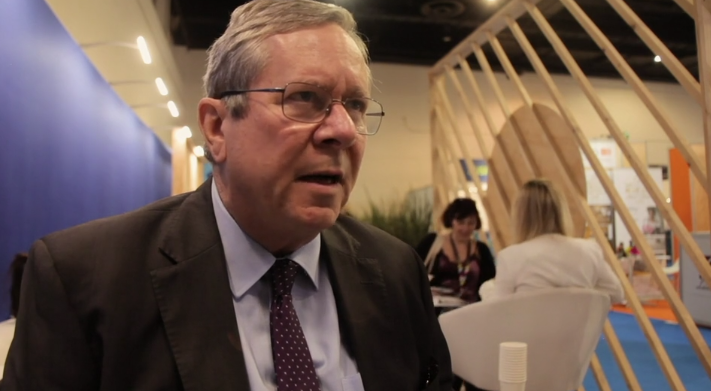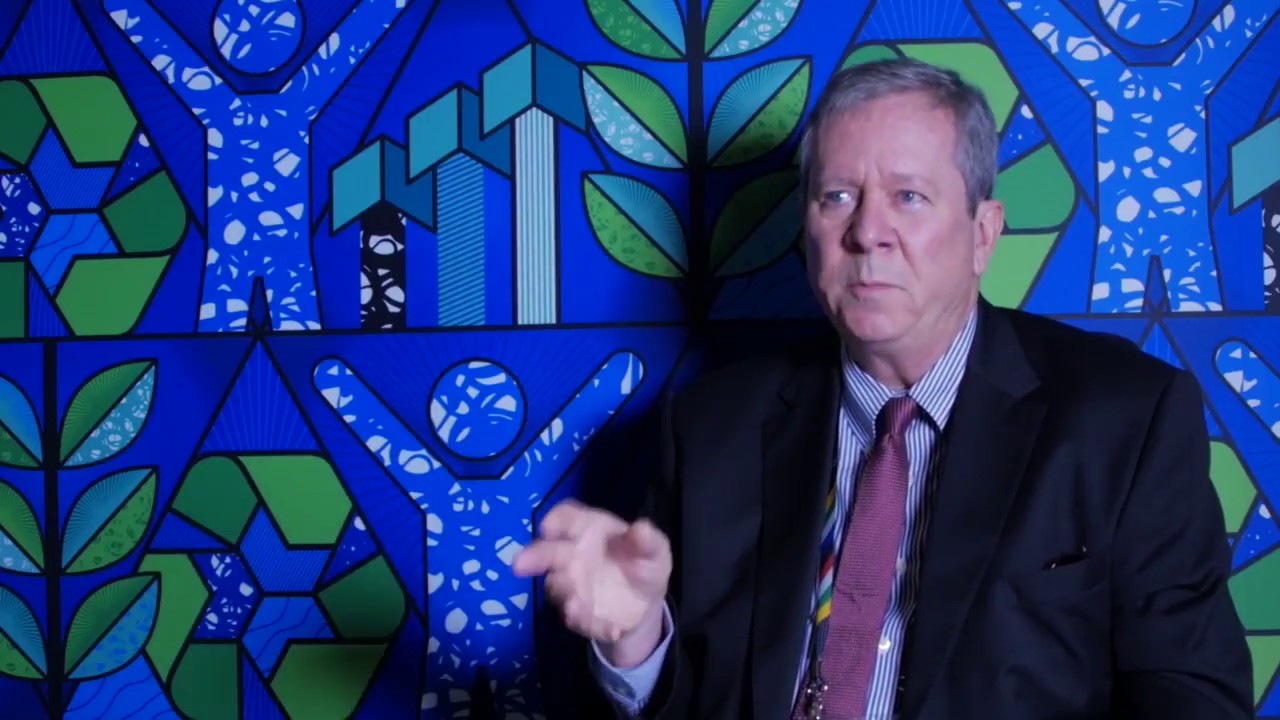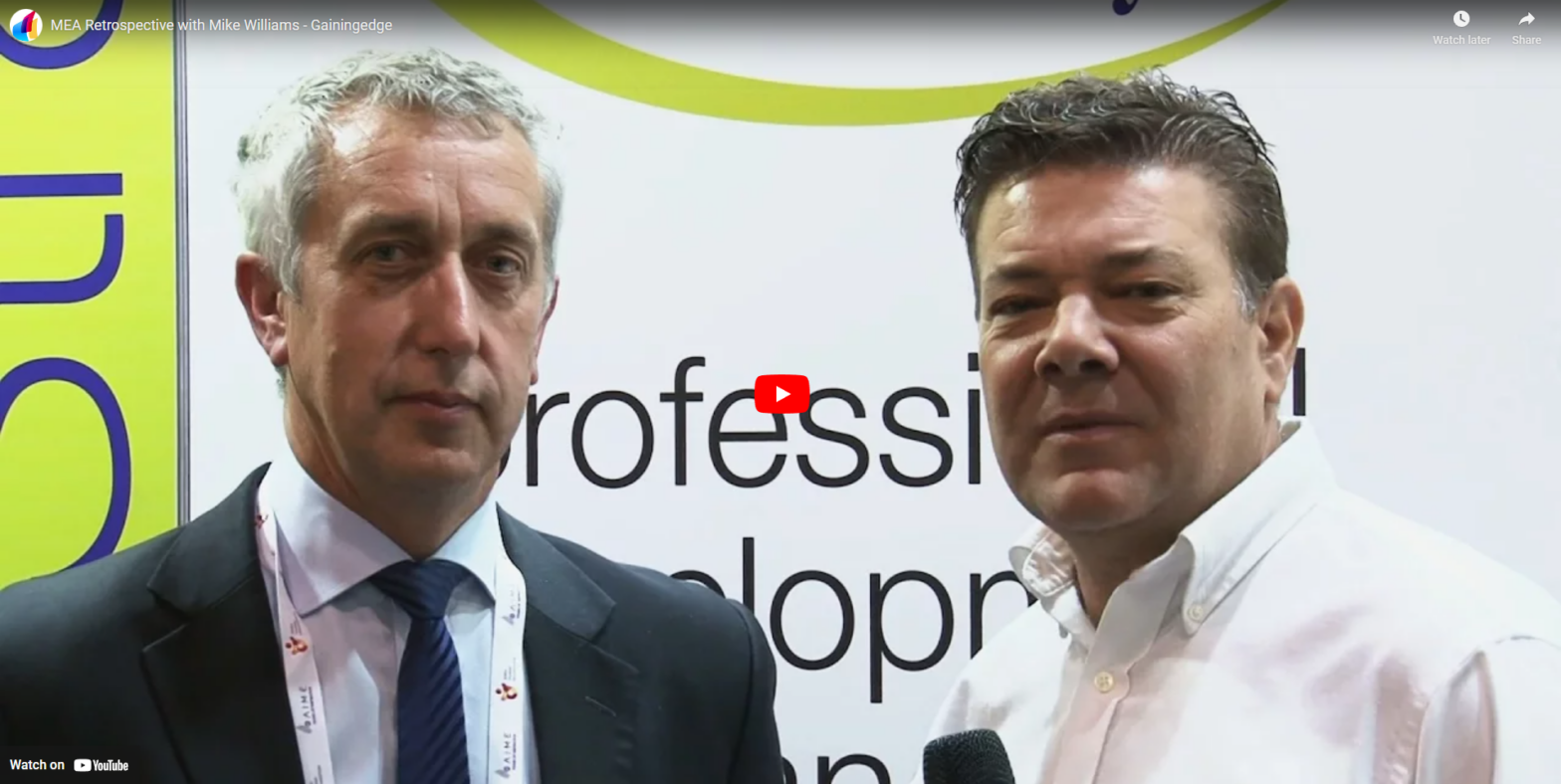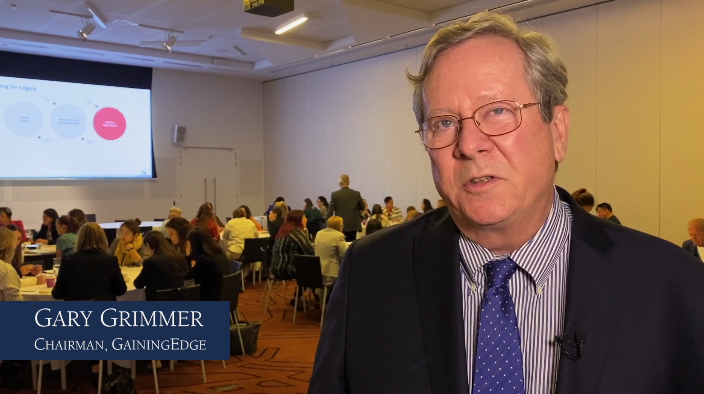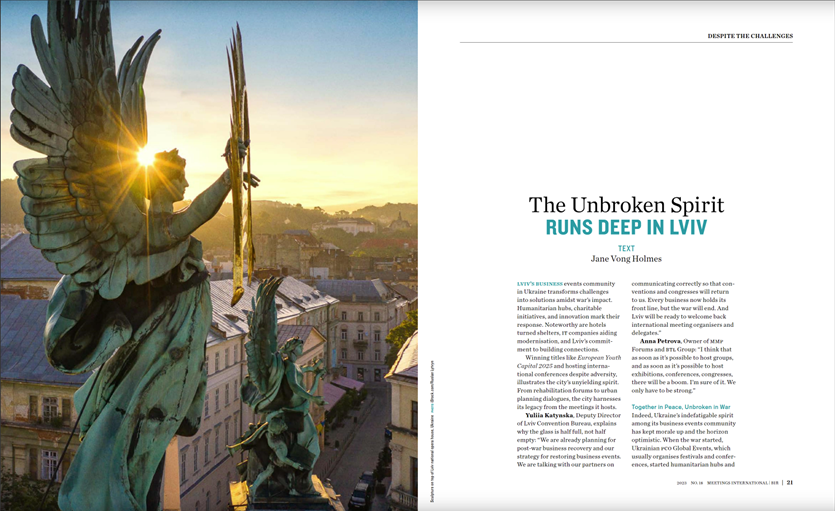This infographic illustrates the methodology behind the Destination Competitive Index, its practical applications, and the components that make up each annual report. Click here to download the infographic. Learn More About the Competitive Index
News Category: From Our Experts
Business and Professional Events: Change Agents or Travel Agents?
Gary Grimmer from GainingEdge and Gregg Talley, President and CEO of Talley Management Group, Inc., discuss how associations are vital to the knowledge economy, the culture of lifelong learning, and much more. By Fred Productions Ltd.
Business Events Insights and Predictions
World renowned experts weigh in on the questions that matter in a special series “Business Events Insights and Predictions”. In this video, Gary Grimmer, CEO of GainingEdge shares his expertise on business events as catalysts for growing knowledge and creative economies.
GainingEdge’s Mike Williams Looks Back at the History of the Meetings and Events Association of Australia
A look back at the history of the Meetings and Events Association of Australia (MEA), with Anthony Vallario from Business Events TV and Mike Williams, Senior Partner at GainingEdge.
Clearing the Confusion: Definitions of Legacy
During MeetDenmark 2018, GainingEdge, began a major project on legacy in collaboration with consultancy and partner Iceberg. The study involved desk research on fifty international associations and fifty destinations as well as interviews with twenty from each of the two groups. In this video, GainingEdge Chairman Gary Grimmer talks about our understanding of legacy through… Continue reading Clearing the Confusion: Definitions of Legacy
Nurturing your Future Talent
All of us can do with ‘good help.’ Jane Vong Holmes spills the beans in her 60 seconds take.
DMO Funding – a New Frontier?
At a recent international conference, I stood in front of a room full of people from convention bureaus and asked them to raise their hands if they had more money than they needed. Yes, the question was rhetorical and while a communal chuckle went up, no hands did. Had I asked that question in the… Continue reading DMO Funding – a New Frontier?
Drawing Delegates Back On-site
Mike Williams shares how face to face meetings can be made more inclusive, meaningful, engaging and sustainable.
The Unbroken Spirit Runs Deep in Lviv: Together in Peace and Unbroken in War
Jane Vong Holmes relates how Ukraine’s indefatigable spirit among its business events community has keep morale up and the horizon optimistic. Challenges are transformed into solutions amidst war’s impact. Humanitarian hubs, charitable initiatives, and innovation mark their response. See page 20-23, and the UNBROKEN advertisement by Lviv Convention Bureau on page 53 in Meetings International… Continue reading The Unbroken Spirit Runs Deep in Lviv: Together in Peace and Unbroken in War
We Need to Care About Our Social Licence
One of the best ways to anticipate trends is just to notice what people are talking about. After all, trends can influence what people have on their minds and vice versa. So, when you hear a repeated theme popping up in various places, you know there’s a good chance that a trend is forming or… Continue reading We Need to Care About Our Social Licence

